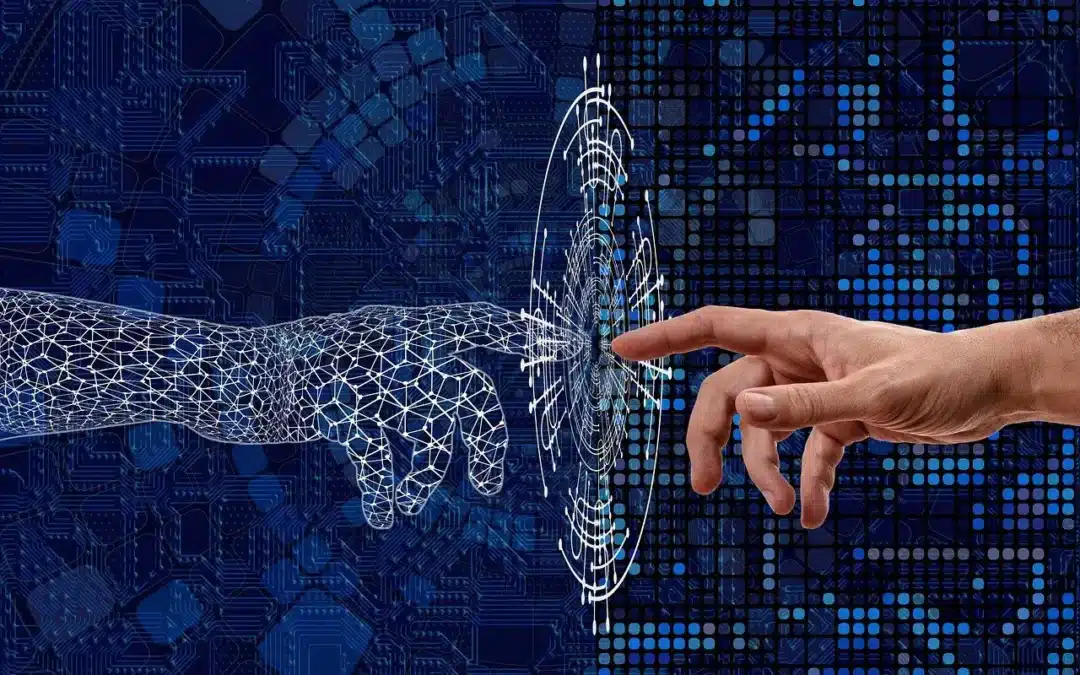Artificial Intelligence (AI) is set to profoundly impact civilization and the planet, offering transformative opportunities alongside significant challenges. While I believe the positives will outweigh the negatives, the risks are undeniable. Like nuclear and biological weapons, AI is a powerful technology that necessitates robust safeguards and regulatory frameworks to avert catastrophic outcomes. To prevent a dystopian future, we must proactively ensure that AI is harnessed for humanity’s benefit.
One of AI’s most promising contributions is its ability to liberate humans from repetitive and mundane tasks, enabling us to focus on activities that bring greater meaning and resonance to our lives. While AI excels in handling quantitative and analytical processes, the realms of qualitative and emotive complexities will remain inherently human. Building relationships, fostering collaborations, and crafting meaning—core aspects of critical thinking—will continue to rely on human ingenuity and emotional intelligence.
Looking ahead, we must also consider the concept of our “digital shadow.” In the not-so-distant future, this complementary digital self—comprising our virtual and online skills, digital avatars, and accumulated data—will merge with our physical existence. This fusion may grant us access to a new dimension of experience, a kind of “timelessness” where our identities transcend mortality. Employers in the future will be interested in the totality of your “self” both flesh and virtual. Future generations could interact with our digital selves, composed of meticulously organized photos, videos, financial transactions, travel logs, and even the books we’ve read and reviewed. This evolution raises profound questions about identity, legacy, and the human experience in an AI-driven world.
As AI reshapes work, learning, and daily life, civilization must also rethink its approach to education. Lifelong learning will become a necessity, demanding a fundamental shift in how we teach and learn. Teachers will no longer be mere dispensers of static truths; instead, they will act as facilitators who guide learners toward diverse perspectives, encouraging exploration, adaptability, and critical thinking.
This evolution requires a departure from rigid answers and singular truths, embracing a learning model that values emergence, adaptability, and transformation. To thrive, humans must cultivate a mindset that is comfortable with uncertainty, open to evolving “truths,” and resilient in the face of continuous change.
AI’s potential to enhance human life is immense, but its integration into society demands intentionality and vigilance. By addressing its risks with foresight and embracing its opportunities with creativity, we can ensure that AI becomes a force for progress, equity, and enduring human value.


